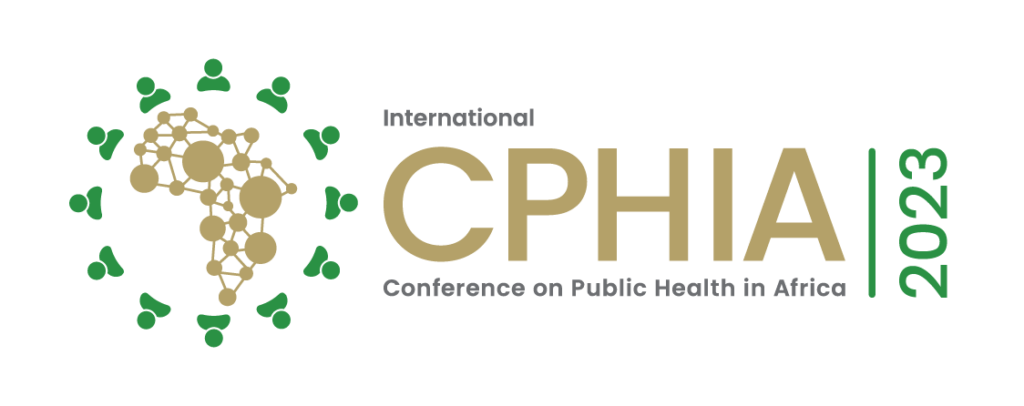Africa CDC: Lessons and Action for a Trans Fat Free Africa
Artificial trans fat is a toxic chemical used in many processed foods. One of the main risk factors for cardiovascular diseases, trans fat causes heart attacks and deaths. Through evidence-based policies, countries can eliminate artificial trans fats from their food supplies, preventing heart attacks, saving lives, reducing health inequalities, and reducing pressure on health systems. […]
Deutsche Gesellschaft für Internationale Zusammenarbeit (GIZ) GmbH: Integration of Pandemic Prevention and Response Systems in the ECOWAS Region
Presentation of the functional integration of health systems to prevent and respond to pandemic threats in the continent, showcasing the existing communication, coordination, and operation networks in the ECOWAS region. The focus of the side event lies on the functional interaction among national NCIs, RCSDC and Africa CDC with presentations from representatives of these institutions. […]
The Pandemic Center at the Brown University School of Public Health: Advance Warning and Response Exemplars (AWARE) Project Launch – Studying Positive Outliers in Africa and Beyond to Inform African Early Warning Systems (EWS)
As part of the Exemplars in Global Health (EGH) program, the Pandemic Center at the Brown University School of Public Health is launching the Advance Warning and Response Exemplars (AWARE) project – a research study on positive outliers in Early Warning Systems (EWS). Our goal through AWARE is to examine barriers and facilitators to developing, […]
American Society of Tropical Medicine and Hygiene: The Changing Architecture of Outbreak Response: A Panel Discussion Hosted by the Africa Centers for Disease Control and Prevention and the American Society of Tropical Medicine and Hygiene
The architecture of outbreak response—who leads and who does what—has traditionally been guided by a combination of factors, including real and perceived national and external technical capacities, financial means, expectations of ownership, and colonial histories. In recent years, this architecture has been evolving, at times creating tension between partners. In this panel discussion, representatives from […]
Global Health Advocacy Incubator: Raising Community Voices for Health Security: How to strengthen epidemic preparedness through new advocacy tools and resources
The Global Health Advocacy Incubator will launch a new learning resource, the Budget Advocacy Tool for Epidemics Preparedness: Facilitator’s Curriculum, a step-by-step course for facilitators to teach epidemic preparedness advocacy techniques to government and civil society organization stakeholders. The curriculum is an extension of GHAI’s Budget Advocacy Toolkit for Epidemic Preparedness, which is based on […]
Nigeria Health Watch: Media Advocacy for Epidemic Preparedness and Response Funding
The media plays a key role in the dissemination of public health information, and its power can be harnessed for public health advocacy. As part of a consortium of Civil Society Organisations (CSO) implementing the Prevent Epidemics project in Nigeria, Nigeria Health Watch successfully implemented a media campaign targeted at increasing public and policymaker awareness […]
Pandemic Action Network and WACI Health: Harnessing the power of networked advocacy to make Africa’s vision of the New Public Health Order a reality
The African Union demonstrated great leadership in driving the continent’s health agenda in the aftershock of COVID-19 by elevating the Africa CDC to an autonomous public health agency, giving it an even stronger mandate to drive its vision of a New Public Health Order for the continent. These and other initiatives, if translated into action, […]
Clean Air Fund: From Pollution to Solutions in Africa’s Cities
The Africa CDC and the Clean Air Fund will launch a new policy brief, ‘From Pollution to Solutions in Africa’s Cities’. This report takes a sample of six large and fast-expanding African cities and showcases the social, economic and financial benefits of clean air action. Governments could unlock a raft of health, environmental and economic […]
